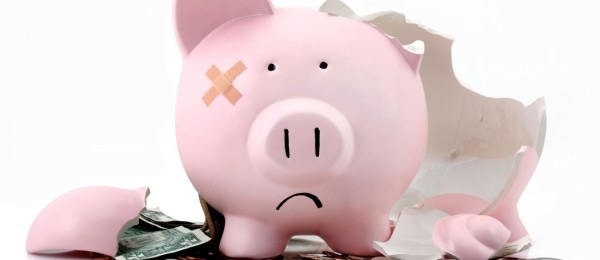
The buying season is upon us, and we have received several inquiries regarding what criteria lenders use to qualify customers that have had a previous bankruptcy.
There are several types of bankruptcies, but the most common are a Chapter 13 and a Chapter 7.
A Chapter 13 is similar to a debt consolidation loan that provides you with legal protection from the creditors. The debts are put into a plan and a monthly payment is established based on your income, enabling you to pay your debts (or a set percentage of the total) over a 36- to 60-month period. If you already own a home and are past due on mortgage payments, there is also a way to have the past due amount added into the consolidation. In most cases, you must begin making your regularly scheduled mortgage payments outside of the plan, and must make them on time every month, in addition to following the requirements of the new bankruptcy plan payment.
Under this scenario, you would be eligible for an FHA or VA mortgage loan after you have made 12 on-time monthly payments into the Chapter 13 plan; the Chapter 13 does not have to be completed at this time. But if you are still in the Chapter 13, the court will have to approve the purchase of the home. In most cases, if your new home payment is less than what you are presently paying, the bankruptcy court will approve the purchase of the home.
For a conventional loan, there is a 24-month waiting period that starts from the discharge (or completion) date of the Chapter 13. You must also adhere to industry standard credit score guidelines.
A Chapter 7 is a total liquidation of all assets and liabilities. All unsecured debts are satisfied (meaning you no longer have to pay them) upon the Chapter 7 confirmation and discharge.
In most cases, a Chapter 7 does give you the ability to retain (and continue to pay) secured liabilities. An example of this would be your home. If you wish to keep your home, automobile, etc, you or your attorney must file a motion with the court and obtain approval from the court, and from the creditor that holds the lien to the property.
There are many different scenarios that can vary the approval or stipulations by the court or creditor, so the advice of proper counsel is recommended.
Under a Chapter 7 scenario, the time frame to be eligible for FHA or VA financing is 24 months from the discharge date. You must also have reestablished a few credit accounts and your credit scores have to adhere to industry guidelines. To qualify for a conventional loan, the Chapter 7 must have been discharged a minimum of 48 months.
Again, there are many variables and statutes to the Chapter 13 and Chapter 7 bankruptcy laws. Before doing anything, be sure to seek advice from an attorney who is well-versed in the field of bankruptcy law.
When it is time to purchase or refinance your home, your lender can guide you through the requirements, in addition to the basic waiting periods mentioned above (which are given here to offer a general understanding of the time that must elapse after filing one of the bankruptcies mentioned, and are not comprehensive of all of the requirements that must be met to obtain a mortgage).














